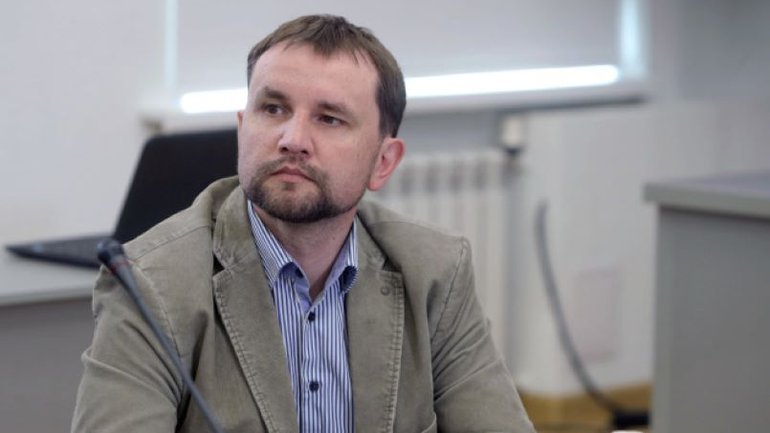"Russian Orthodox Church, including the UOC-MP, is a serious threat to national security," - Volodymyr Viatrovych

"Russia's war against Ukraine is primarily a war for our identity. The invaders' goal is not just to seize territories and terrorize the population but to destroy our language, culture, and self-awareness—everything that makes us Ukrainians. This war is not only happening on the front lines and during missile strikes on printing houses, libraries, museums, or educational institutions. The tools of war that weaken us from within include the Russian language and Russian Church, Russian names and symbols, music and films, influence through social networks and media," the statement reads.
The text states that this is why the decolonization of Ukraine, freeing it from Russian influences, is of paramount importance for national security and Ukraine's very survival. The processes of decommunization and derussification, the ban on Russian social networks and TV channels, and the counteraction to Russian cultural and informational expansion have played an extremely important role in strengthening national unity and the resilience of Ukrainians in the context of a full-scale war.
"The Russian Orthodox Church, including its Ukrainian branch—the UOC Moscow Patriarchate—is a powerful instrument of 'Russian world' propaganda and a serious threat to the national security of the state. This structure, created by Stalin's order in 1943, has always been and remains an integral part of the Kremlin regime. Materials from dozens of criminal proceedings against figures of this so-called Church testify to its active subversive activities against Ukraine," the statement notes.
According to Viatrovych, the threat posed by the Moscow Church is to be neutralized by Bill 8371, "On Amendments to Certain Laws of Ukraine Regarding the Activities of Religious Organizations in Ukraine," which was passed in the first reading in October 2023 after nine months of delays. In April 2024, the Parliamentary Committee on Humanitarian and Information Policy approved the text of the bill for the second reading, significantly strengthening and improving the document. It provides for banning the ROC's activities, deprives religious organizations that do not sever their ties with Moscow of the right to use state and municipal property, and simplifies the transition of Orthodox communities from the Moscow Church to the Ukrainian one.
"However, the leadership of the parliament and the 'Servant of the People' faction are blocking the bill from being brought to a plenary session. Various excuses are being made to delay consideration of the bill—from calls to wait for one event or another to proposals to send the bill for a third reading (a procedure that the Verkhovna Rada practically never uses and which would effectively bury the bill)," the text reads.
Therefore, Volodymyr Viatrovych notes that public organizations have appealed to the Verkhovna Rada, demanding the immediate adoption of the law banning the ROC and the resolution on the decolonization of place names.










